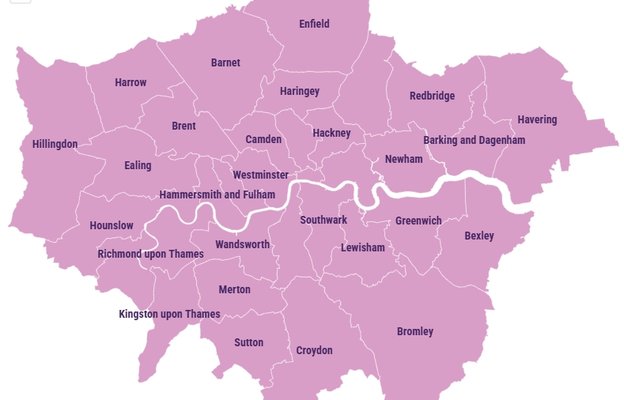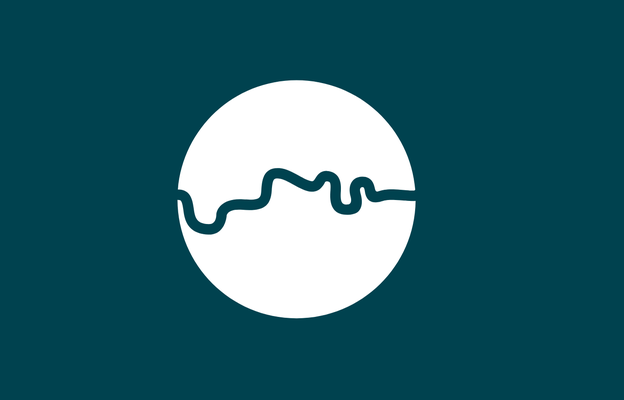Funding snapshot
- Programme area:
- Racial justice
- Amount:
- £147,000
- Length of grant:
- 2 years
Breaking down barriers in the financial system so that Black and minoritised households can more easily build wealth.

The challenge
Black and minoritised households in the UK are far less likely to hold wealth than white households. For example, between 2016 and 2018, the average net worth of a Black African household was £34,000, compared to £314,000 for a white household.
One reason for this gap is inequality in access to financial services. While everyone relies on services like bank accounts, credit cards and loans, Black and minoritised households often face more barriers:
- Lower incomes and savings can make it harder to meet eligibility requirements for credit or mortgages.
- Mistrust of financial institutions is common due to historic exclusion and discrimination.
- Limited financial literacy resources mean many households lack the tools to navigate complex financial systems.
- Discrimination in financial products: Financial services are often not designed with diverse communities or their needs in mind.
These barriers lock people out of opportunities to save, borrow affordably, and build wealth for the future.
The project
Because of these barriers to accessing traditional financial services, many Black and minoritised communities turn to community-based financial systems instead.
One example is ROSCAs (Rotating Savings and Credit Associations). In a ROSCA, a group of people contribute to a shared fund – for example, once a month – and each member takes turns receiving the full lump sum. Over time, every participant gets access to savings in a way that is trusted and community driven.
ROSCAs have helped communities around the world for centuries. But they also have limitations: they are often time-consuming, require in-person meetings, and remain disconnected from the mainstream financial system.
We’re funding Communomics to support their work, which focuses on using research to shape the government’s financial inclusion strategy. They also push for regulatory frameworks that recognise and support ROSCAs, helping integrate them into mainstream finance while safeguarding their community-driven nature.



